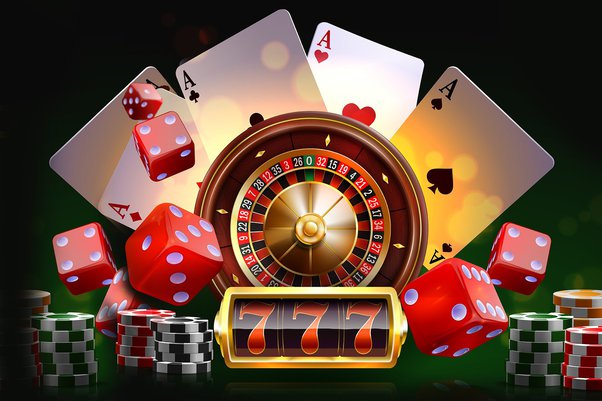Taking out a slot machine can be surprising for frequent casino goers, especially when the game is widely popular. Is there a valid justification for removing slots from the gaming floor? Is it possible that players are consistently winning too much from these slots? In this article, we will explore the reasons behind casinos deciding to remove slots from the gambling floor. The revelations that follow may come as a surprise. If you don’t recognize the slot machines around you, here are the reasons they might have disappeared.
Low Number of Players
The primary reason for removing a slot machine is its declining popularity or its failure to generate revenue for the casino. It’s important to note that maintaining slots on the gambling floor incurs costs. A portion of a cabinet’s expenses includes electricity to power its speakers, monitors, PCB board, lighting, printer, and bill acceptor. Additionally, there are ongoing maintenance expenses to address issues and repair machines when they break down.
Casinos operate as businesses, and slot machines are integral to their income. When slots become a liability and cease to contribute to the casino’s profits, the owners remove them.
Infrequent Payout Frequency
If a slot machine is paying out more money than it’s generating, the owners return loose slots to storage. Unusually high payouts can occur when there’s an unnoticed vulnerability in the slot’s software or hardware. While the concern might be that hackers or cheaters would exploit this vulnerability once news spreads about lucrative Las Vegas slots, in many cases, regular patrons inadvertently discover these vulnerabilities, believing it’s their fortunate day.
It’s important to bear in mind that every slot machine undergoes testing for its Random Number Generator (RNG). This ensures fairness and hit frequency. The gambling or gaming commission of a jurisdiction conducts these tests. Slot machines do not receive regulatory approval if they pay out excessively or insufficiently. While such occurrences are exceptionally rare, there may be instances where testers overlook a vulnerability before approving a slot.
Termination of Lease
Casinos frequently opt to lease slot machines from vendors rather than purchasing them outright. In this leasing arrangement, vendors receive a percentage of the profits generated by the leased cabinets. This agreement implies that both the vendor and the casino share the risk. Note that it includes covering jackpot winnings that may exceed a million dollars for players.
Opting for leasing becomes a viable choice for casinos seeking to introduce a popular slot machine to their gambling floor. By leasing instead of purchasing, casino owners can economize on expenses related to maintenance and storage when a slot becomes unprofitable, as they share the risk with the vendor. The only drawback of leasing is not fully capitalizing on a slot machine’s profit potential.
Revenue Potential
Casinos routinely place slot machines into storage, irrespective of their earnings or maintenance needs, while introducing new ones to the gaming floor. The primary motivation behind slot replacements is the profit potential of other titles. For instance, if a newly licensed slot inspired by a popular movie or TV show is launched, casino managers may aim to capitalize on the widespread appeal of the franchise. Additionally, managers might observe certain slots drawing substantial traffic at rival casinos and opt to incorporate similar cabinets into their slot offerings.



